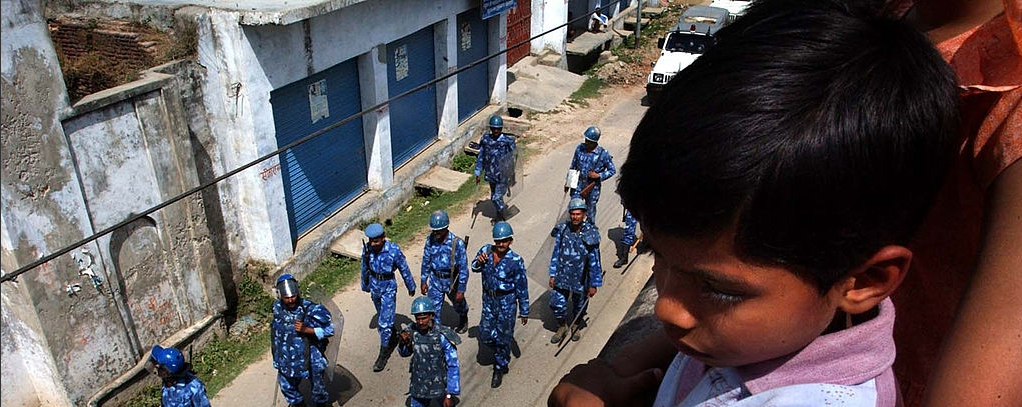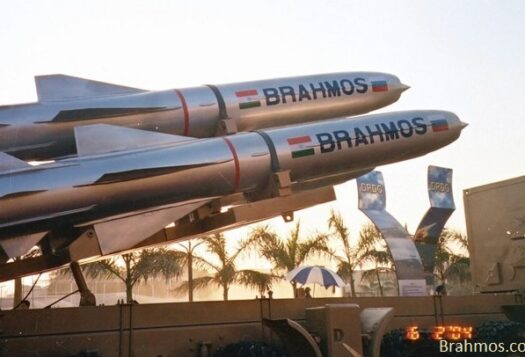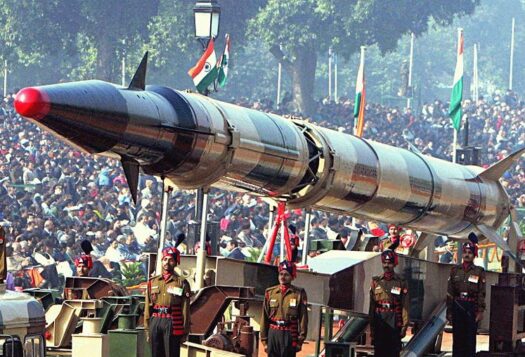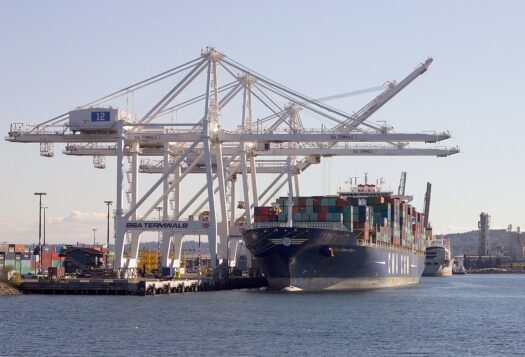
The idea of nuclear terrorism is as old as nuclear weapons themselves. Scholars around the world unleashed debates about likelihood of this “unthinkable catastrophe” based on the trend of massive killings marked by 9/11. The optimists advocate that the inception of nuclear weapons has bestowed South Asia with strategic stability. However, pessimists suspect misfortune is likely due to the critical situation of Pakistan’s internal security and growing terrorism on both sides of the border. Transnational terrorist groups (TTP, Al-Qaeda, ISIS) are claiming adherence to each other – thus fueling worries for regional policy makers. A widespread fear is that terrorists may steal nuclear weapons/material, attack nuclear facilities; buy nuclear weapons/radioactive material and fabricate Improvised Nuclear Device (IND), Radiological Dispersal Devices (RDDs) and Radiation Emission Devices (REDs). Though, it is acknowledged that stealing or buying the “Crown Jewels” of either state would be significantly more difficult. Nonetheless, the possibility of attacking or sabotaging nuclear facilities – peaceful and military – and risk of theft of radioactive material – particularly during transportation – cannot be overruled. In 2002, ABC News successfully managed to smuggle 15-pounds of depleted Uranium from Austria to the United States, concealed in a lead lined pipe. It raised concerns for the international community that it is difficult to detect and preempt the trafficking of such dangerous materials. Now, the question arises: “how well equipped and ready are the South Asian nuclear neighbors, vis-à-vis theft/smuggling of nuclear/radioactive materials?” Records below show nuclear mismanagement in South Asia, which should bother every rational mind.
| Incidents involving Nuclear dimension in Pakistan | |
| 2001-2002 |
|
| 2004 |
|
| 2007 |
|
| 2008 |
|
Talking about India, who faced some grave nuclear safety issues during 1995-1998, as approximately “147 mishaps or safety related incidents were reported in operational nuclear plants. Of these, 28 were of an acute nature and nine of these 28 occurred in the nuclear power installations:”
| Incidents involving Nuclear dimension in India | |
| 1998 |
|
| 2000 |
|
| 2001 |
|
| 2013 |
|
Now, most stereotyped minds might be thinking that high or low numbers of illicit incidents in one country makes it better than the other, while, ignoring the alarming situation caused by such practices to the region. One may admit that:
- Demand for nuclear/radiological materials exists by terrorists – if not for nuclear weapons
- Shipments of of nuclear materials have been attempted and intercepted by responsible authorities – though not completely eradicated
- Traffickers might be at work and their activities are likely to grow as per the expansion of nuclear industry in South Asia
- Civilian facilities are more vulnerable as compared to military ones
- Radioactive materials are more vulnerable during transportation
India and Pakistan seem to be very serious about and responsible to curb these nightmare scenarios. Both have introduced a number of innovative measures such as explicit Export Controls and stringent Command and Control structures. Furthermore, India and Pakistan adhere to the Convention on Physical Protection of Nuclear Materials, Container Security Initiatives (CSI), Proliferation Security Initiatives (PSI), UNSC Resolution 1540, International Convention of Acts of Nuclear Terrorism (ICSANT), Global Initiatives to Combat Nuclear Terrorism (GICNT), and the Nuclear Security Summit (NSS). However, there is still a need for regional cooperation to fight against this menace. So, both states may want to extend collaboration in following areas:
- Share good practices of multi-layered security arrangements in and around the organizations dealing with nuclear materials management
- Zero-Tolerance-Policy regarding protection of nuclear/radiological material – particularly at civilian facilities as well as during transportation
- A joint mechanism for “Detection, Destruction and Dispersion” of illicit networks
- Establishment of joint Nuclear Risk Reduction Centers and Nuclear Damage Control Center:
- To map the potential and motivation of terrorists organizations for nuclear weapons/materials
- To “Detect and Preempt” the likelihood of nuclear/radiological terrorism
- To share Intelligence regarding rogue elements suspected for involvement in acts of sabotage against the nuclear facilities.
This kind of collaboration may appear as a utopian idea, but any joint mechanism may lead to constructive and uninterrupted cooperation against common threats. After all, we have a moral duty to make this region an “Abode of Peace” for forthcoming generations.
***


